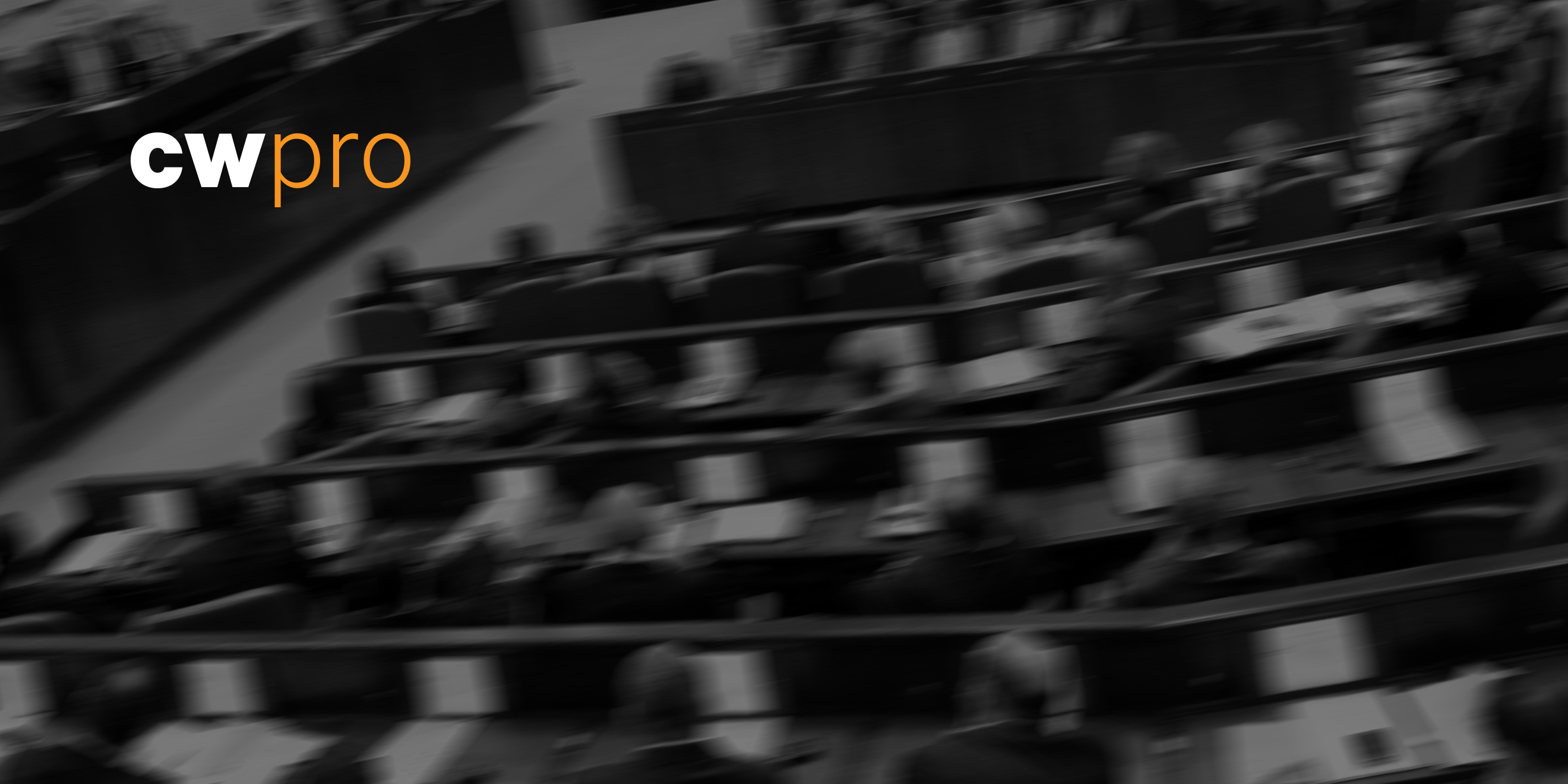At a glance.
- France leads push toward a UN cyber-response capability.
- Big Tech says Big Tech can be Good Tech, too.
- Australian rules.
As state-directed hacks rack up, UN contemplates forming cyber group.
A group of forty-seven United Nations members, led by Paris, is advocating for an enduring cyber coalition that could host conferences, work with the private sector to improve security, weigh appropriate responses to state-backed attacks, and develop cyber norms, according to the Wall Street Journal. Existing cybersecurity forums expire this year. Thus far Washington has not taken a stance on the proposal.
An Australian representative raised the possibility of diplomatic expulsions and economic sanctions as more effective than “naming and shaming”; other nations have publicized their understandings of what responses are available to victim countries under international law. While there is a developing consensus that public attribution is within bounds, states disagree about where to draw the “use of force” line.
Microsoft: Big Tech can be Good Tech, when bridled by law and competition.
Bloomberg reports Microsoft CEO Satya Nadella’s opinion that “competition is good,” but big is not necessarily bad. Big can become bad when business’ interests conflict with what’s best for society, for example by putting tech giants in charge of policing free speech, impacting “something as sacred and as important as our democracy.”
Nadella sees even US competition with Beijing as potentially productive, while not discounting security worries, commenting that there’s “no God-given right for U.S. tech companies to take for granted that there cannot be other tech powers.” Microsoft recently drew fire from Slack for alleged anti-competitive behavior, but Nadella pointed to the company’s free range on Microsoft’s platform.
Canberra, Microsoft, and journalism versus Google, Facebook, and the web?
Axios and CRN Australia unpack Microsoft’s support for Australia’s News Media and Digital Platforms Mandatory Bargaining Code. Microsoft President Brad Smith would like more countries to enact such regulation, calling it “an opportunity to combine good business with a good cause,” a chance to level the web search pitch to the benefit of news organizations.
Smith’s blog drew attention to the extinction of two-thousand-plus US papers since 2000, and the seventy-percent decline in news revenue as consumers increasingly turn to online platforms, where they often only glance at headlines. The US Congress is already considering legislation that would allow media outlets collective bargaining power, while Big Tech has rolled out revenue sharing solutions like Google News Showcase, Facebook News Tab, and Microsoft News.
Google (which may indirectly make nearly $5 billion off news outlets) is pushing back against the requirement to pay for links, saying that’s not how search engines work. The company provides a free directory service, valuable to searcher and searched alike, that anyone can opt out of. Facebook has likewise called the proposal untenable and threatened to remove news link sharing functionality.
One Zero takes up the refrain, explaining that the law doesn’t differentiate between user-shared and platform-placed links (there goes outlets’ free Twitter funnel), and would impact any publisher earning more than AU$150 thousand that embeds news links in content—including One Zero owner Medium. The result could be more damage to domestic media, as sites systematically avoid linking to Aussie news. One Zero agrees Big Tech’s algorithms shouldn’t be allowed to play puppet master with the news, but says Canberra’s law miscalculates the advantages of free search and sharing, and “would fundamentally change how the web is built, and make it far less useful for all of us.”
